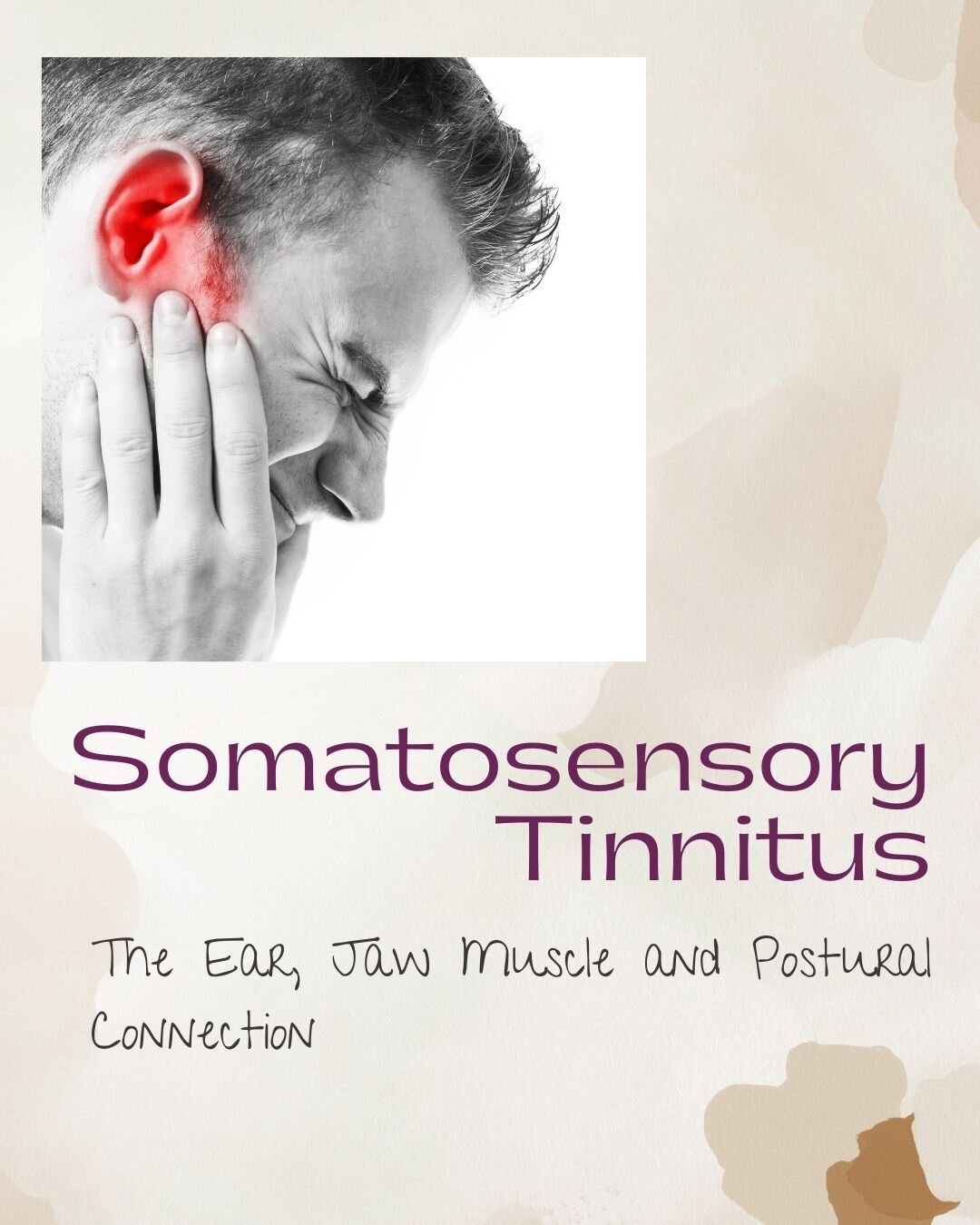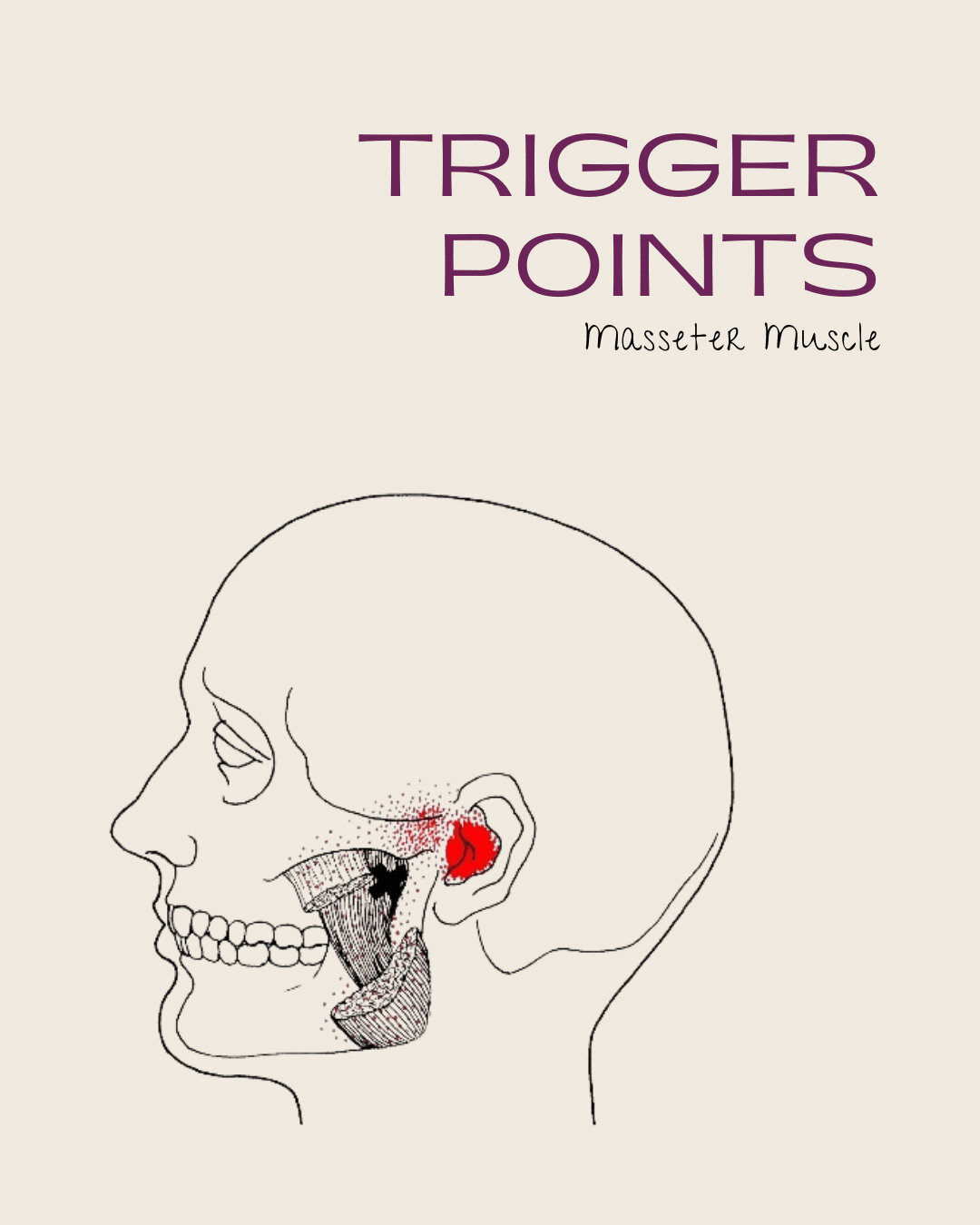5 Ways To Get Relief From Ear Ringing
The Jaw Muscle and Ear Ringing Connection
Every morning, you wake up with a dull ache in your head. You rub your jaw muscle as if you just got clocked in an MMA fight. Immediately out of bed and BOOM, you hear it: that faint ear ringing noise that stays with you throughout your day. You are immediately reminded that you have found no relief from ear ringing. At moments you can tolerate it however other times it is enough to drive you crazy. It can sometimes make you feel dizzy or lose your balance. The ONLY way you can make it go away is by opening your mouth really wide or by changing the position of your head or even by jutting your jaw. You can increase the sound by clenching down on your molars. You've had scans and tests and everything seems inconclusive. Resulting in, "it's all in your head". Literally.
Teeth Clenching and Sleep
Nighttime clenching is called bruxism. There is very little medical understanding behind 'why' someone grinds or clenches in their unconscious sleep state. However, there is some psychological connection between how we process our stress during the night. The 'fight or flight' response to stress causes an increase in tension within your muscles. This is a primal reaction of the nervous system to keep us out of danger. The higher the tone in the muscle system, the greater the chance of us having more power and force to evade an attack. When this amped-up system drives us daily, the opposing system which controls how we 'rest and digest' becomes imbalanced.
The Schwarzenegger Jaw
When you spend your entire night clenching and grinding, you are working out the muscles of your jaw FOR HOURS! Talk about overuse! Your jaw muscles are very strong, in fact, the primary muscle responsible for chewing can exert up to 200 pounds of pressure through your back molars. To put it into perspective, compare your quads to your jaw, which area would fatigue the quickest under pressure? If you guessed, the quad, you are a winner! The jaw has Schwarzenegger strength. Ding! Ding!
Masseter: Tiny But Mighty
The Masseter muscle is a small yet wide and dense muscle in the jaw that is primarily responsible for chewing. Its strength in relation to its small size makes it the most powerful muscle in the body. The Masseter primarily acts to grind and mash up food in our mouths and plays a big role in the first part of digestion. If you spend the majority of your unconscious sleep overworking this muscle, it can begin to harbor Trigger Points. Which can also be a major player in Temporomandibular joint pain!
Triggering The Trigger Point
Trigger Points are tight and tender nodules formed by shortened and restricted muscle fibers. Active TP's can refer pain directly to the area where the tissue feels tight however it can also cause symptoms that are further away from the tender areas. In the case of tinnitus, the Masseter muscle TrP's can, in fact, be a primary contributor to giving you relief from ear ringing. In an article written in Progress In Brain Research, the authors reported that "In 56% of patients with tinnitus and MTPs, the tinnitus could be modulated by applying digital compression of such points, mainly those of the masseter muscle."
5 Ways to Get Relief From Ear Ringing
If the tinnitus is related to a tight and restricted Masseter muscle (also known as Somatosensory Tinnitus), try this:
Supporting the neck correctly while sleeping is the most important thing for jaw alignment, for this reason, choose the right pillow! Using a Buckwheat hull pillow will give you the ability to "sculpt" the pillow into the perfect position for your neck size. Sleeping postures aren't 'one size fits all'. Check out #10 here.
Give yourself a jaw massage! Slide your fingers underneath the cheekbone and feel for tightness or tenderness in the jaw. Massaging perpendicular to the fiber direction will help to break up painful nodules. Click here for the videofor self-massage with a tennis ball.
Pay attention to your sitting postures at your desk, while you drive, and even on the couch. Any posture that increases a "forward head" position will put the masseter in a disadvantageous position for chewing and will create compensatory use of other muscles in the face, scalp, jaw, and upper / mid-back.
Meditate before bedtime. Using breathwork or guided imagery to help relax the muscles of your face might switch off your fight or flight response and allow you to have a more restful night. Using an app like Insight Timer or Calm can be super helpful.
Talk to your dentist about the possibility of getting fit for a night guard.
As with any medical issue, it is always best to seek out professional medical advice.
Seeking treatment with your Physical Therapist or an Acupuncturist that specializes in Trigger Point Dry Needling might give you immediate relief!
Got tinnitus? Book an appointment with me now!





